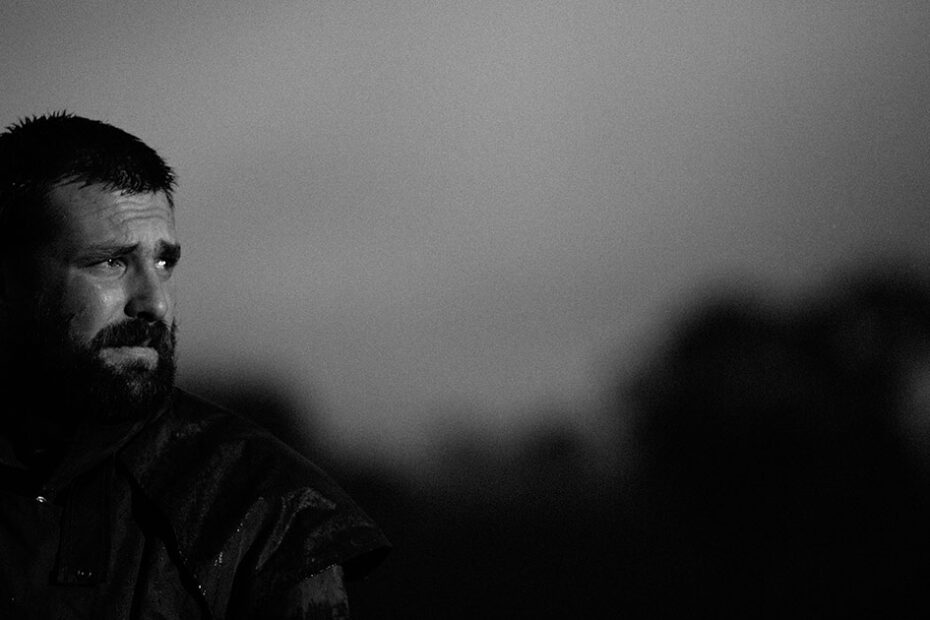Date: December 3, 2012
David Ellery
AT LEAST one in eight of the 18,206 diggers who have served in Afghanistan between 2005 and October 2012 fell victim to a non-combat-related injury, or physical or mental illness.
The figure peaked at almost one in five in 2009 with 851 Australian Defence Force members reporting non-combat-related illnesses or injuries that year.
Defence blamed the 17-fold spike on ”confusion” that it said led to ”significant under-reporting” prior to 2009. The true figures for illness and injury over the past seven years are almost certainly higher. A senior soldier welfare advocate said the statistics were a disgrace. He said a 12.5 per cent casualty rate would not be tolerated in another workforce.
”The employer would be held to account,” Defence Force Welfare Association national president David Jamison said. ”There would be a royal commission or a judicial inquiry.” Mr Jamison, a former Australian Army colonel, wants a covenant to be developed to spell out what soldiers have given up in their commitment to Australia and what the country pledges to do in return. ”We are having difficulty getting the support we need for that,” he said.
Defence told Fairfax Media that 2276 out of 3841 work health and safety incidents in Afghanistan, which included ”near misses, exposure, illness etc” had resulted in injury or illness. This is in addition to the 39 soldiers killed and 242 wounded in action since the war began.
A Defence spokesman said in many cases injuries and illnesses were minor and included sprained ankles, minor cuts, abrasions and bruises sustained during physical fitness training, head colds and gastro-enteritis.
Mr Jamison said combat wounds could also be relatively minor but had to be reported as a matter of course. He said mental illness and psychological issues, such as post-traumatic stress disorder fell into the ”non-combat-related category”. Defence insiders have told Fairfax Media that diggers are often loath to report non-combat-related injuries as, once disclosed, they appeared on annual fitness reports and could affect career opportunities. While all soldiers injured in Afghanistan or the United Arab Emirates are compensated at the same rate as for combat wounds, those injured while training to go are not.
Mr Jamison, who said a recent review of military compensation had fallen short of delivering a fair result for many diggers, wants abolished the distinction between whether an ADF member is hurt in a combat or non-combat zone.
”There is a higher degree of recognition [in compensation] for wounds received in combat [zones],” he said. ”My personal view is the level of disability or impairment should dictate the level of compensation.”
Mr Jamison said a decade of conflict coupled with the relatively small size of the ADF had contributed to the problem of exposure to illness and injury.
”We are seeing modern soldiers clock up significantly greater combat experience than their forefathers in World War II,” he said. ”I have heard of one SAS member who has completed 16 service rotations in Afghanistan and Iraq. We have to look after these people.”
Article source: www.smh.com.au
